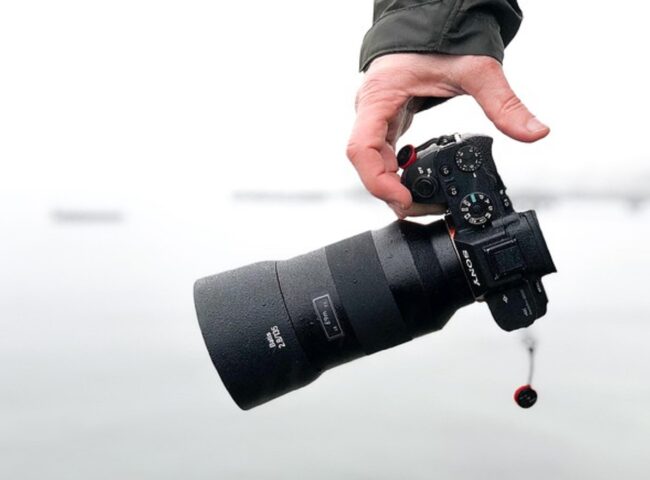In an era where health and wellness take center stage, fitness trackers have emerged as indispensable tools for monitoring physical activity, sleep patterns, and overall well-being. These wearable devices promise to revolutionize the way we approach fitness by providing real-time insights and motivation to achieve our health goals. However, amidst the plethora of options available on the market, how do we discern the best fitness tracker for our needs? This article delves into the realm of fitness trackers, assessing their accuracy, features, and integration with apps to help you make an informed decision on your journey to a healthier lifestyle.
Accuracy:
Accuracy is paramount when it comes to fitness trackers, as it directly impacts the reliability of the data they provide. From step counts to heart rate monitoring, users rely on these metrics to gauge their progress and adjust their fitness routines accordingly. Leading brands like Fitbit and Garmin invest heavily in research and development to ensure their trackers deliver precise and consistent measurements. Fitbit’s proprietary PurePulse technology, for instance, employs advanced algorithms to accurately track heart rate variability, providing users with valuable insights into their cardiovascular health. Additionally, GPS-enabled trackers like the Garmin Forerunner series offer pinpoint accuracy in tracking distance, pace, and elevation during outdoor activities, making them indispensable companions for runners and cyclists.
Features:
Beyond basic activity tracking, modern fitness trackers boast a plethora of features designed to cater to diverse user needs and preferences. From sleep tracking to stress management, these devices aim to provide a comprehensive overview of your overall health and well-being. Apple’s Watch Series stands out for its extensive feature set, including ECG monitoring, blood oxygen saturation tracking, and built-in workout apps catering to various fitness activities. Moreover, smart features like notifications, music playback, and contactless payments add convenience and functionality to the user experience, blurring the lines between fitness tracker and smartwatch.
Integration with Apps:
Seamless integration with smartphone apps is another crucial aspect of the fitness tracker experience, allowing users to analyze their data, set goals, and track progress over time. Fitbit’s intuitive app ecosystem, for example, provides users with personalized insights and recommendations based on their activity levels, sleep patterns, and dietary habits. Moreover, social features like challenges and leaderboards foster a sense of community and accountability, motivating users to stay active and engaged. Similarly, Garmin’s Connect app offers robust analytics and training tools, empowering users to optimize their workouts and achieve peak performance.
Conclusion:
In the ever-evolving landscape of fitness trackers, accuracy, features, and integration with apps are key factors to consider when choosing the right device for your fitness journey. Whether you’re a casual gym-goer looking to track daily activity or a serious athlete striving for peak performance, there’s a fitness tracker out there to suit your needs. By carefully evaluating the accuracy of measurements, the breadth of features, and the compatibility with your favorite apps, you can find the perfect companion to support and motivate you on your path to a healthier, more active lifestyle. So, embrace the power of technology, strap on your fitness tracker, and embark on a journey of self-discovery and transformation.







Leave feedback about this